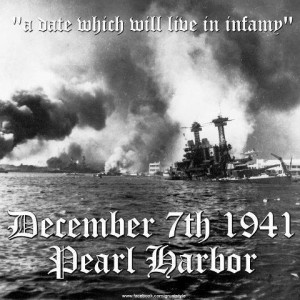JMJ
“Why should I know that?”
I have heard this question many times as a math teacher over the years, but once I ask ed a student who the first president of the United States was and she answered, “Why should I know that?” Don’t scoff. It happened. Originally, this student lamented that her history teacher teased her for not knowing in what century the Civil War occurred. I said everyone should know those kind of important and fundamental facts, like knowing who the first president of the United States was. She replied with her infamous question and left me and the rest of the class stunned.
ed a student who the first president of the United States was and she answered, “Why should I know that?” Don’t scoff. It happened. Originally, this student lamented that her history teacher teased her for not knowing in what century the Civil War occurred. I said everyone should know those kind of important and fundamental facts, like knowing who the first president of the United States was. She replied with her infamous question and left me and the rest of the class stunned.
I wish I could say this kind of academic weakness had never occurred before, but I have another scary story. One year on an anniversary of September 11th, I remarked that one of my friends had to share his birthday with this dark event. I then said that I felt his pain because my birthday happened to fall on “the day that will live in infamy.” Expecting someone to reveal the secret date of my entrance into the world, I waited. No response came from the class. They sat there with quizzical expressions. None of these Advanced Placement students knew the date of the attack on Pearl Harbor. Why should they know that?
The academic elite continue to push critical thinking skills and college readiness to more and more students at the sacrifice of knowledge. Teachers spend hours crafting lessons that aim to increase test scores in reading comprehension of non-fiction texts so the school report card can look better, but more and more students don’t know any concrete facts about any subjects. One can argue that with all information available on the internet at the click of a button that this knowledge loses value, but I don’t accept that. I respond that a deep knowledge of history, culture, philosophy, and theology is necessary to fully synthesize and debate the current issues of our day.
This relates to Catholics and the knowledge of our history as well. Twenty-five years as a member of the Church and I still have so much to learn. Last year, when emails from members of Hillary Clinton’s staff contained mockery of Catholics I was embarrassed, not because of the content, but because I didn’t know what the term subsidiarity meant. (Subsidiarity is an organizing principle that matters ought to be handled by the smallest, lowest or least centralized competent authority.) I learned that this very Catholic concept had a name and a theology surrounding it. The joy from this epiphany matched what I felt when I first heard about the Theology of the Body. In our entire lives, we will still not fully appreciate the richness and depth of our faith, but that doesn’t mean we shouldn’t try.
Radio, television, and the internet have only recently become available as resources for evangelization to a church that is two thousand years old. Pope John Paul II said that a New Evangelization was necessary for the third millennium of the church. As Catholic writers, let us pray that the Lord gives us the grace to let our words challenge and enrich the lives of the faithful. Let us never ask the question, “Why should I know that?” when an element of the faith arises. Let us learn of our past so we can be effective in the present and bring about a greater future through Our Lord Jesus Christ, who reigns forever and ever, amen.
Copyright 2017 Mark Andrews
Arthur,
I have considered the diaconate but put it on hold while my kids are in high school due to the constant running around. Thank you for your service to the church.
Mark
Mark – excellent insights! Yes, critical thinking presupposes a knowledge base to operate on. Yes, we as Catholics have a wealth of knowledge in our tradition. As a candidate for the diaconate, I have had the privilege of studying philosophy, theology, scripture – I am awed at the depth of our Church’s experience and thought. Our people are crying out to know more – as writers we can do so much. Thanks for writing this column!